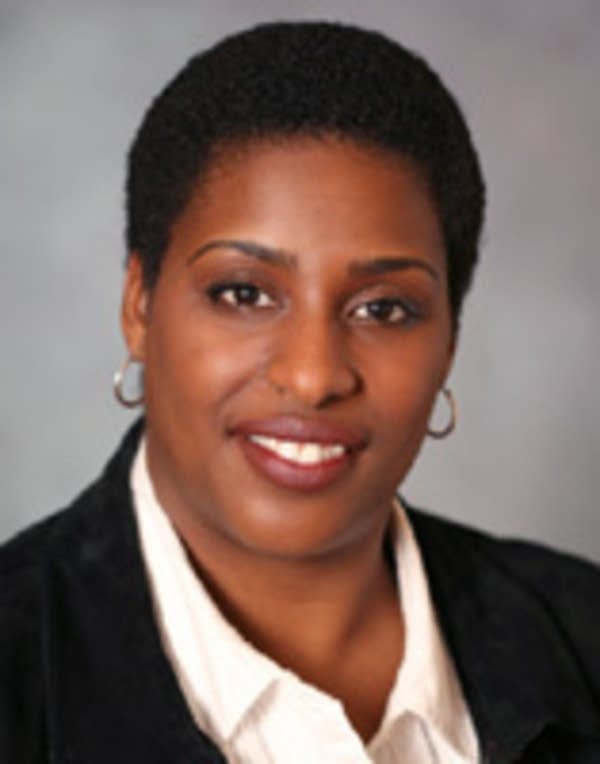Disclosure of campaign gifts only way to combat their effects

By Keesha Gaskins
We have come to a place in American politics where money and politics are inextricable. The Supreme Court's decision in the Citizens United case now permits unlimited spending on independent electioneering by both non-profit and for-profit corporations.
Like water seeking its level, money will always find a way into politics, regardless of the barriers or obstructions put in its way. No attempted reform has been able to stop people from finding ways to use money to access power. Hard money becomes soft money. Soft money becomes bundled donations. Unless we are ready to adopt a system of public financing for elections, we will always face a challenge where those with more money have more access to the political process, can generate more visibility and obtain more votes.
Until we have such reform, timely, meaningful disclosures of political spending are essential to a functional American democracy. Shenanigans happen in the dark. Our disclosure laws must shine a light on all money entering the political process. The source of money for all independent expenditures and electioneering communications should be disclosed within days of financial disbursement. Shareholders must have the opportunity to reject or approve corporate expenditures for political purposes.
Create a More Connected Minnesota
MPR News is your trusted resource for the news you need. With your support, MPR News brings accessible, courageous journalism and authentic conversation to everyone - free of paywalls and barriers. Your gift makes a difference.
Currently, 39 states have laws requiring some kind of disclosure of independent expenditures. The five states with the best public disclosure laws are Alaska, California, Colorado, Maine and Washington. In those states in 2005 and 2006, the independent expenditures totaled $115 million. Full, prompt and complete disclosure of the source of money in elections is the only hope we have of preventing those with money from putting their thumb on the scales of justice.
For judicial elections, however, this decision is a potential harbinger of doom. Our courts should not be subject to the type of political firestorms that are seen in the legislative and executive branches. Judicial fights in Wisconsin, Ohio, Texas and other states are evidence of what can happen when the judicial branch is subject to unlimited spending by outside parties. Currently in Minnesota, there are no spending limits on direct contributions for judicial campaigns. The Legislature must act to correct this situation. The judiciary is the branch where every person must know he or she is getting a fair and equal pportunity to be heard, regardless of the political allegiance of the judge.
Transparency, access and accountability are the keys to an effective democracy. The challenge to us is to communicate honestly, effectively and without bias in the face of massive unchecked electioneering that has no moral imperative. While we cannot be certain that it can be done, in the face of a decision like Citizens United, allowing access and influence for sale to the highest bidder, only transparency and accountability will help level the field.
----
Keesha Gaskins is executive director of the League of Women Voters in Minnesota.
